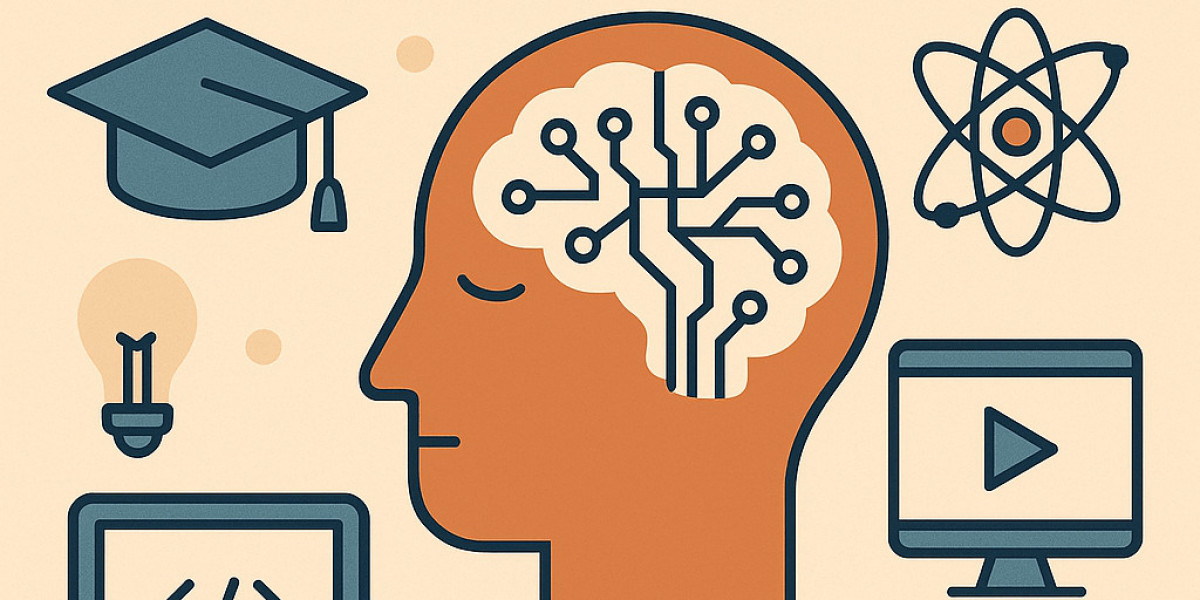Artificial Intelligence (AI) is revolutionizing industries across the globe, and education is no exception. From personalized learning experiences to automated grading systems, AI is making classrooms smarter, more efficient, and accessible. As schools and institutions adapt to this technological evolution, the integration of AI in education is creating opportunities to enhance both teaching and learning at an unprecedented scale.
The Emergence of AI in the Classroom
AI has steadily made its way into educational institutions, helping teachers and learners unlock new possibilities. With intelligent tutoring systems, virtual assistants, and adaptive learning platforms, AI is supporting educators in delivering customized experiences based on each student's strengths, weaknesses, and pace of learning.
EdTech platforms are now using machine learning algorithms to analyze performance data and suggest personalized pathways for students, making learning more effective and engaging.
Key Applications of AI in Education
Personalized Learning AI systems can adapt content delivery based on student performance and preferences, providing a tailored learning experience that maximizes engagement and retention.
Smart Content Creation AI-powered tools are helping educators create digital content, quizzes, simulations, and interactive modules faster and more efficiently.
Automated Administrative Tasks AI automates time-consuming administrative work like attendance tracking, grading assignments, and managing schedules, allowing educators to focus more on teaching.
Virtual Tutors and Chatbots AI-based virtual assistants and chatbots can answer student queries 24/7, provide instant feedback, and offer additional support outside traditional classroom hours.
Language Translation and Accessibility AI tools like real-time translation, speech-to-text, and text-to-speech enhance inclusivity by breaking language barriers and supporting students with disabilities.
Advantages for Educators and Learners
Enhanced Engagement: Interactive, AI-powered platforms keep students engaged through gamification and adaptive content.
Real-Time Feedback: Educators gain insights into student performance, helping them intervene early and effectively.
Data-Driven Decisions: Institutions can use analytics to improve curriculum planning and resource allocation.
Challenges and Ethical Considerations
While AI offers numerous benefits, it also brings challenges such as data privacy concerns, algorithmic bias, and the digital divide. Ensuring ethical AI use and equitable access to technology remains crucial in its widespread adoption.
The Future of AI in Education
The future of education will be deeply intertwined with AI, blending traditional teaching with intelligent systems to create hybrid learning environments. From predictive analytics that forecast student outcomes to immersive experiences powered by AI and AR/VR, the possibilities are endless.
As we move forward, collaboration between educators, technologists, and policymakers will be essential to ensure AI serves as a tool for empowerment, inclusion, and excellence in education.



